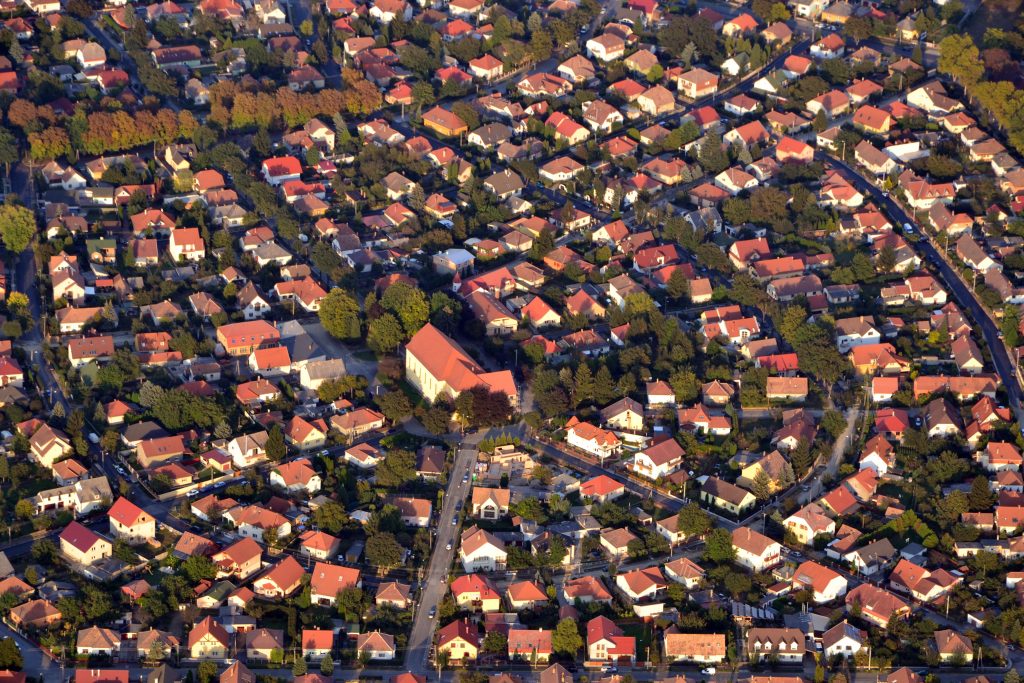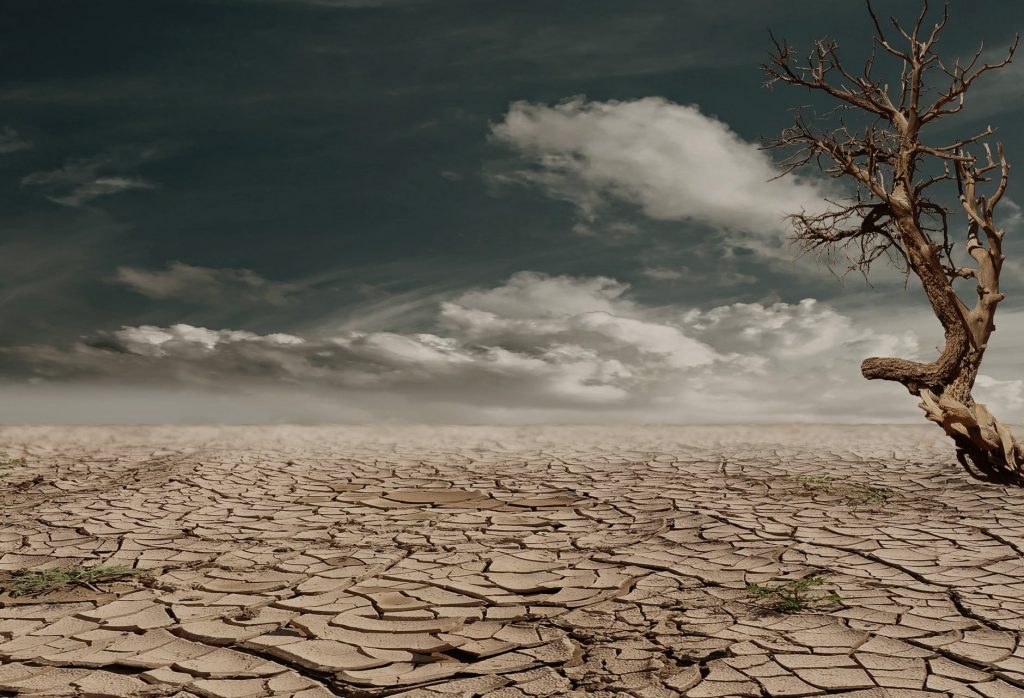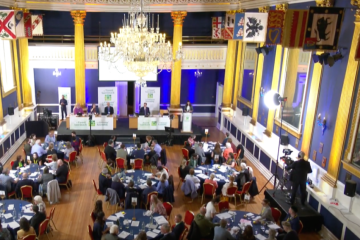Land degradation from human activities reaches critical levels

May 8th, 2018
Land degradation caused by human activities is worsening worldwide and has reached critical levels, according to an assessment conducted by over 100 experts from 45 countries.
The three-year assessment conducted by Intergovernmental Science Policy Platform on Biodiversity and Ecosystem Services (IPBES) outlines the dangers of land degradation and proposes corrective measures for policymakers to tackle the issue.
Urbanization and unsustainable management of croplands and grazing lands is causing an immense loss of biodiversity and the depletion of natural resources, the report finds.
This is impacting on the wellbeing of two-fifths of humanity, inducing species extinction and intensifying climate change, the report warns.

Urbanization is causing an immense loss of biodiversity, the report finds Photo: Pxhere
IBPES findings show that land degradation is the main source of climate change, with deforestation alone contributing to 10 per cent of all human-induced greenhouse gas emissions.
The release of previously stored carbon into the soil as a result of land degradation was responsible for annual global emissions of up to 4.4 billion tonnes of CO2 between 2000 and 2009, the report adds.
“By 2050, the combination of land degradation and climate change is predicted to reduce global crop yields by an average of 10 per cent, and by up to 50 per cent in some regions,” said Dr Luca Montanarella of the European Soil Data Centre.
The report also indicates that the rise in demand for food and biofuel is likely to contribute to an increased use of nutrients and chemicals.
It is forecasted that the use of pesticide and fertilizer will double by 2050 due to the dependency on livestock production systems.
Clearance of native habitats for agricultural purposes has impacted many species-rich ecosystems, according to the report.
In total, oone-thirdof the earth’s land surface has been converted into crop and grazing lands.

Desert Drought Photo: Pixabay
Situation in Europe and Ireland
A separate 20147 report from the European Environment Agency (EEA) highlights that urban development and intensive agricultural practices contributed to land degradation, worsened by high fragmentation on 30 per cent of land area in Europe.
Land take for urban development, infrastructure and industrial purposes exceeds 1,000 square km per year in the EEA 39 countries as per the report.
According to Dr Oliver Moore, associate researcher with the Centre for Co-operative Studies in University College Cork, Irish land and soil is “not especially degraded compared to other parts of the world”.
He told The Green News that there are a number of agro ecological, regenerative practices that could be introduced to further improve soil and functionality like mixed farming, organic practices and diverse grass species that should be better supported.
He added, however, that there is “no strong political will” to take the soil or environmental issues seriously, even in the current round of CAP reform.
“Whatever few new good practices the [European] Commission tries to encourage the national Agricultural Ministers tend to try to water down to the point where what was a good idea becomes instead a pointless compromise,” he added.







